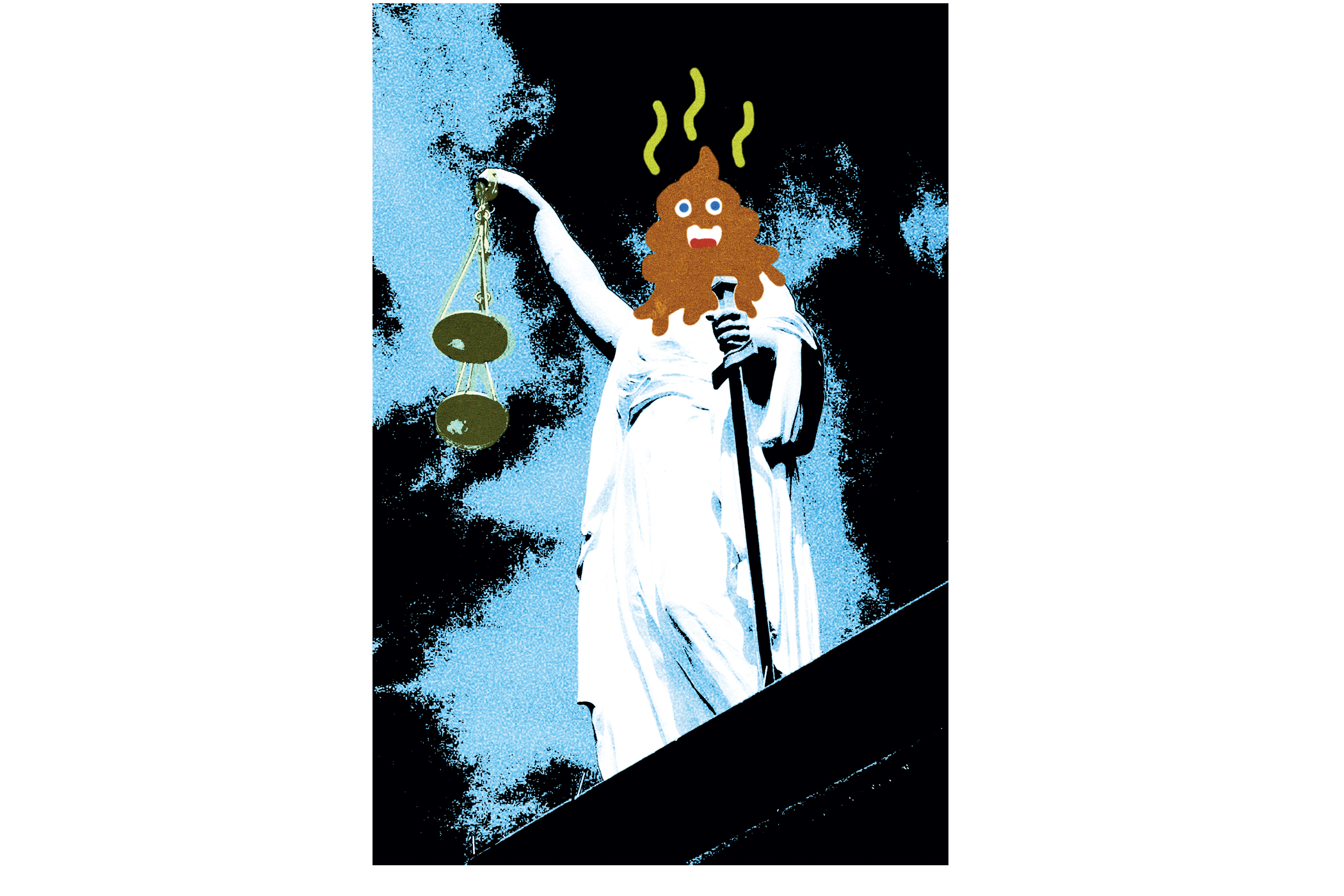Travelers from six predominantly Muslim countries and refugees from around the world are once again being barred from entry to the United States, following a decision by the Supreme Court to review lower court rulings blocking the enforcement of an executive order signed by President Donald Trump.
Until the court hears oral arguments during its next session in October, injunctions preventing the government from ordering a 90-day hold on issuing visas from six predominantly Muslim countries—Iran, Libya, Somalia, Sudan, Syria and Yemen—and a 120-day suspension of refugee admissions from across the globe.
However, the court said that the travel ban “may not be enforced against foreign nationals who have a credible claim of a bona fide relationship with a person or entity in the United States.”
Such a relationship in the court’s eyes could be a “close familial relationship,” a contract to work for an American company, an invitation to address an American audience as a lecturer, or admittance to a U.S. university.
In a State Department cable providing guidance to embassies and consulates about how to implement the ban, officials outlined which types of familial relationships were considered “close.” Parents, children, spouses, in-laws and siblings are to be considered close, while extended family members such as grandparents, grandchildren, aunts, and uncles are not exempt from the ban. Only after a change of heart were fiancés later confirmed by officials to be approved as potential visa applicants during the ban.
The State of Hawaii has already challenged the administration’s interpretation of the court’s ruling, claiming in a court filing that the State Department’s view of what family relationships should qualify is too narrow and that refugees would be unjustly denied admission despite connections to U.S. resettlement agencies.
Both Trump’s initial executive order issued in January and a revised order issued in March were blocked by federal appeals courts for being discriminatory and unconstitutional. While the White House and Justice Department have often framed the order an issue of national security, prior rulings against the ban have cited numerous statements by Trump outlining his intent to ban Muslims from the United States.
Portland State President Wim Wiewel expressed disappointment with the court’s decision and emphasized that the ruling will have no impact on current international students from the six nations on the list, nor on those who have been offered admissions.
“I’m particularly concerned that banning people from the United States because of their country of origin sends a chilling message to all international students that we are not a welcoming place,” said Wiewel in a statement.
Kayse Jama, executive director of statewide intercultural organizing and political advocacy group Unite Oregon, responded to the ruling with a statement predicting increased religious, racial, and ethnic profiling.
“Our community is resilient, strong, and will continue to organize against racism and Islamophobia,” Jama said. “Fear does not protect us.”
Having been raised by feral pandas in the remote forests of Chengdu, China has always formed a key part of my identity. After my career as a Hong Kong film producer was derailed by tabloid journalists, I knew I had found the work that would become my life’s purpose. I am passionate about journalism because it allows me to step into worlds I would otherwise never know while channeling my curiosity toward serving and informing the community.






